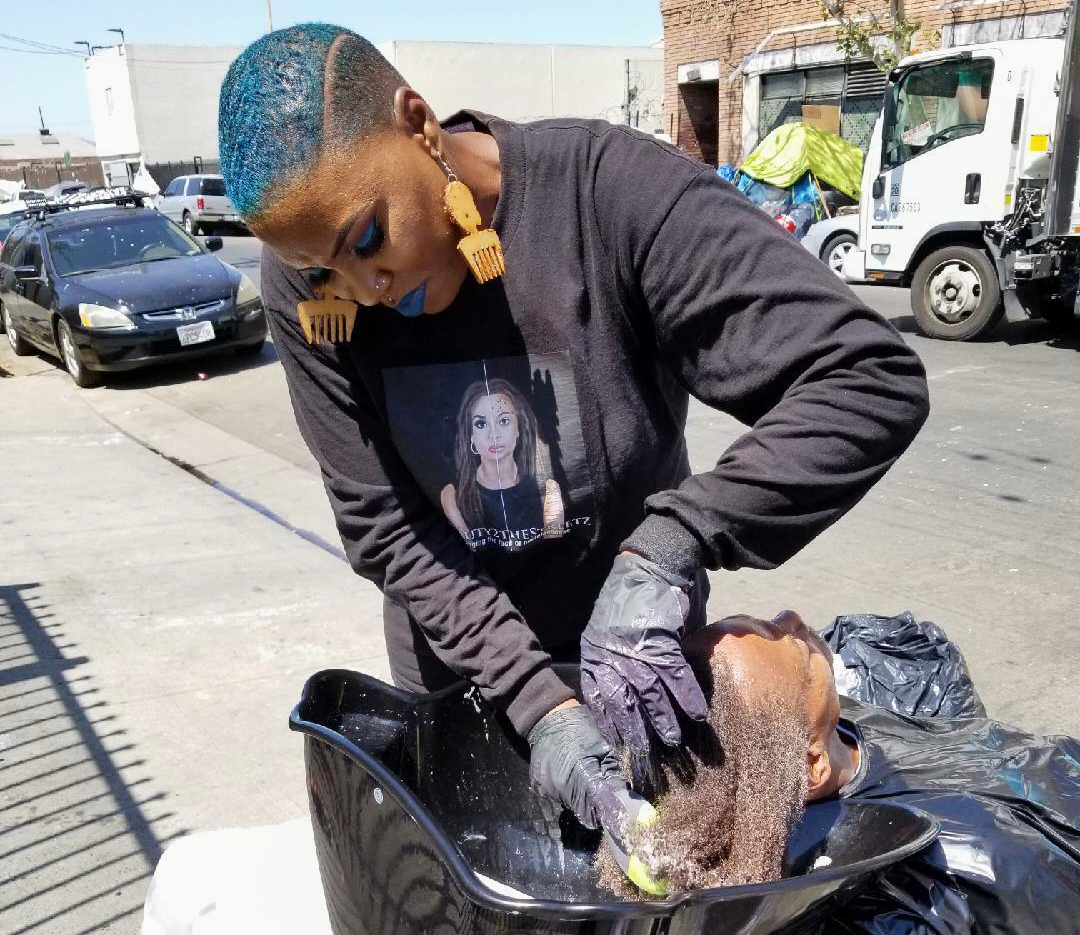As AI continues to reshape industries at lightning speed, it’s becoming more apparent to Gen Z that even a prestigious degree may not be the ultimate key to success. After all, the unemployment rate is ticking up even among recent graduates.
That reality has reignited the long-standing debate between pursuing a degree and focusing solely on skills training. But according to Udemy CEO Hugo Sarrazin, the two shouldn’t be seen as opposites.
“It’s cohabitation. I think you start with a degree, there’s a foundation that comes with a degree, but you need the skills to be relevant in the workplace,” he said.
Sarrazin added that it’s “silly to think” that the education someone gets in their early twenties will set them up for life. Instead, lifelong learning must become the norm.
“We need to move to a world where there’s ongoing, continuous evolution of the skills portfolio that one has to be adapted to the jobs that they want in the market that they’re in,” he added.
And while Sarrazin’s comments may come as no surprise given he leads a nearly $1 billion company focused on skills training, he insists he wouldn’t turn his back on higher education if he were a student today.
After all, he has three degrees to his name—including two from Stanford—and no regrets. University, he said, taught him something that will never go out of style: “how to think.”
The skills needed to succeed in an AI-driven world
As technology continues to evolve, so do the skills needed to stay relevant. According to Sarrazin, adaptive skills have become some of the most critical—and underappreciated—traits in the workplace.
Udemy’s 2026 Global Learning & Skills Trends Report highlights qualities such as judgment, curiosity, flexibility, and risk tolerance as key to thriving in the AI era.
“Skills development for AI readiness requires not just upskilling on the technical level or determining how to use it fluidly, in everyday use cases,” the report said. “It requires the ability to ask the right questions, to know when to rely on AI (and when to press pause), and to foresee impacts beyond the immediate.”
LinkedIn’s own data echoes that sentiment, identifying AI literacy, conflict mitigation, adaptability, process optimization, and innovative thinking as the fastest-growing skills professionals should cultivate to get ahead.
Degrees are still valuable
Even so, the value of higher education remains strong—especially in the long run. An average bachelor’s degree has a 682% lifetime return on investment, according to the Education Data Initiative.
It can take time to realize that return—on average, about 11 years in the workforce to recoup the cost of a bachelor’s degree—but the long-term payoff is significant, opening doors to career advancement and higher earnings.
Still, Sarrazin emphasizes that having the diploma alone isn’t enough to guarantee success. What matters most is the ability to apply foundational knowledge to future challenges.
“[University] is a launching pad,” he said. “…Then, after that, we need to say, what do we do to prepare people to work and be successful? And I think skills become really, really, really important.”













